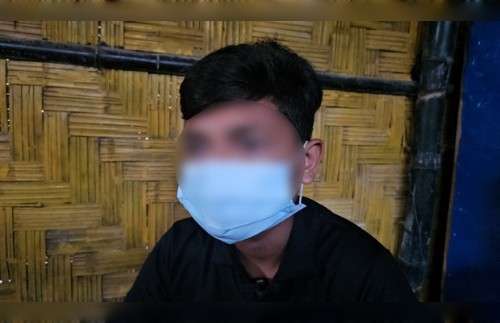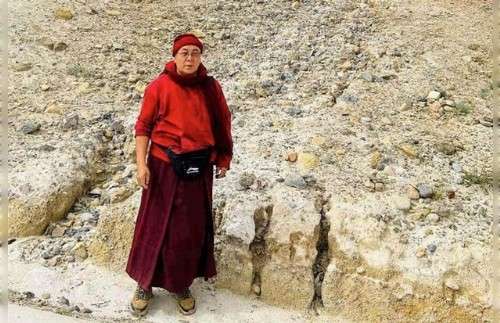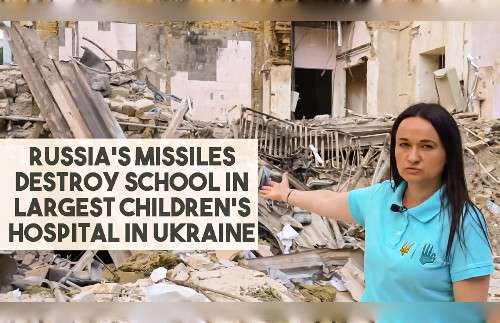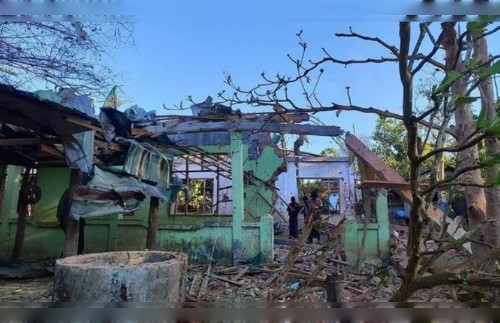
Amnesty International said on May 4 that African and other world leaders must speak up and do more to stop the vicious tide of human rights and international humanitarian law abuses in Ethiopia’s Tigray region, which has been raging for six months.
Thousands of civilians have been killed, hundreds of thousands of people have been internally displaced within Tigray, and 63,000 refugees have fled to Sudan since the fighting began on November 4, 2020. Amnesty International and other human rights groups have reported a slew of significant human rights abuses, including possible war crimes and crimes against humanity. In addition, there are several credible accounts of women.
There is no shortage of reliable evidence of human rights and international humanitarian law abuses six months after the conflict in Tigray began, but the African Union and UN responses have been woefully inadequate,” said Deprose Muchena, Amnesty International’s Regional Director for East and Southern Africa.
“The United Nations Security Council dragged its feet for months before eventually expressing concern about Tigray’s deteriorating situation. Meanwhile, the African Union and regional governments have done very little to condemn a slew of possible war crimes and crimes against humanity.”
Amnesty International has been denied entry to Tigray by the Ethiopian government, making it difficult to verify reports of human rights abuses in the face of serious, ongoing contact restrictions.
Amnesty International, on the other hand, has been able to document various massacres in great detail using open source investigative tools such as satellite imagery analysis and video evidence verification, as well as by interviewing hundreds of survivors, either over the phone in Tigray or in person with refugees in eastern Sudan.
Among the atrocities reported by the organisation was the mass killing of hundreds of civilians in Mai-Kadra, western Tigray, on November 9-10, 2020, allegedly by Tigray People’s Liberation Front forces (TPLF). Amnesty International has since received allegations of reprisal attacks against ethnic Tigrayan Mai-Kadra people, including extrajudicial killings, property theft, and mass detention.
Amnesty International discovered that Eritrean troops killed hundreds of civilians in Axum on November 28-29, possibly committing a crime against humanity, and indiscriminately shot civilians in Adwa on April 12, 2021, killing three of them and injuring 19 others. Collaborative work.Amnesty International reported that Ethiopian National Defense Force troops carried out extrajudicial executions in Mahibere Dego, near Axum, on 15 January 2021, in partnership with CNN.
International media outlets have released a series of stories after being given access to Tigray in late February, verifying earlier accounts of massacres by Amnesty International and others, as well as releasing harrowing new reports of abuses.
Allegations of ethnic cleansing in western Tigray – a region controlled by pro-government Amhara Special Police and Fano, an Amhara militia – have resulted in the forced displacement of tens of thousands of people. Amnesty International is a non-governmental organisation that promotes human rights.
Amnesty International has urged all parties to the Tigray conflict to allow unrestricted humanitarian access.
Meanwhile, recent violence and violations against civilians have increased alarmingly in other parts of Ethiopia, especially in the Amhara, Benishangul, and Oromia regional states. Attacks on civilians have been recorded in Amhara’s Chilga District, North Shewa Zone, and Oromo Special Zone, as well as armed conflict in Benishangul-Metekel Gumuz’s Zone. Armed groups have been killing and displacing Amhara people in western Oromia zones since November 2020.
“It is critical that foreign, impartial inquiries into allegations of serious violations by all parties be conducted, with those responsible kept accountable, to send a strong message that there will be no impunity,” Deprose Muchena said.


















